As is often the case, the “mainstream” media nowadays is pushing a “conventional wisdom” line that has only one major problem – it’s largely or completely wrong. In this case, the “wisdom” is that voting for limits on carbon pollution is bad politics. The polling indicates it’s far more complicated than that.
Perhaps that is why, when you actually look at the 17 Democrats up for reelection this year (Bayh, Bennet, Boxer, Burris, Dodd, Dorgan, Feingold, Gillibrand, Inouye, Leahy, Lincoln, Mikulski, Murray, Reid, Schumer, Specter, Wyden) and subtract out those retiring (Bayh, Burris, Dodd, Dorgan) or defeated in a primary (Specter), you find that the vast majority – all except for Blanche Lincoln – are in favor of climate and energy legislation. Let’s take a look.
Michael Bennet- What could be clearer than this recent quote, “The best way to limit carbon pollution is for Congress to pass a comprehensive climate and energy bill.”
Barbara Boxer- A climate champion by any measure
Russ Feingold- Issued a statement declaring, “Climate change is real and we need to address it. By blocking action on climate change, the Murkowski resolution would have stalled our march toward energy independence through more efficient vehicles, alternative fuels and renewable energy, all of which can spur new American jobs.”
Kirsten Gillibrand – Listed as a definite “yes” on a comprehensive clean energy and climate bill by E&E News
Daniel Inouye- Also listed as a definite yes by E&ENews
Patrick Leahy- He recently stated, “Let us not be known as the Congress that continued to punt, pass and kick on some of the crucial issues like these, on which the American people are looking for solutions, not procrastination.”
Barbara Mikulski – Listed as a definite yes on a comprehensive, clean energy and climate bill by E&ENews
Patty Murray- Also listed as a definite yes by E&ENews
Harry Reid – Has called for “bring[ing] comprehensive clean energy legislation before the full Senate later this summer.”
Chuck Schumer- Also listed as a definite yes by E&ENews
Ron Wyden- Also listed as a definite yes by E&ENews
And let’s not forget these two letters – one on March 19 to Harry Reid and the other on January 26 to President Obama – showing 33 Senators (not even counting John Kerry and Joe Lieberman, who didn’t sign either letter but obviously are champions on this issue, plus most likely others as) clearly calling for climate legislation.
So, why is it that we keep seeing the perception in the “mainstream media” that a vote for comprehensive clean energy and climate legislation is bad politics? Perhaps because of the unfortunate tendency of the “mainstream media” to keep recycling quotes from a few loud Senators — like Byron Dorgan and Evan Bayh — who just happen to be exiting the scene altogether for potentially “greener” (and not in the environmental sense!) pastures. For the “mainstream media,” recycling their preferred narrative may make a good story (or the story they want to tell, for whatever reason). In politics, however, perception is nine tenths of reality, and in this case the reality is that there is far too much at stake for this country to rely on “conventional” wisdom, especially when the facts – those troublesome things – tell a very different story.
In this context, this past Friday, Greg Sargent of The Plum Line asked an important question regarding clean energy and climate legislation in the U.S. Senate: “Can A bold new crop of Senators save carbon limits?” Sargent’s intriguing thesis was that[,] “[i]f carbon limits have any prayer of surviving in the Senate's energy reform bill, it may turn on the efforts of one group: The energetic freshman and sophomore Senators that are pushing hard to keep carbon limits alive.” Sargent pointed to an interview with one of those freshmen, Jeff Merkley of Oregon, in which he argued that “There's a lot of new energy in those two classes, and they recognize that this is the moment.”
In short, what Merkley’s saying is that it’s time for Democrats to stop listening so much to the “old guard” of Senators who are retiring. Instead, Merkley makes the case for paying more attention to the Senate freshman (and sophomores), who by definition were elected relatively recently and, therefore – at least theoretically – might have their fingers closer to the pulse of the public than the old timers. In part, the question is whether there could be a “generational” difference going on here. Not “generational” in the chronological sense, in which “younger” Senators are more pro-environment than “older” Senators. But, perhaps, “generational” in the sense of “political age,” as in “how long have they been in Washington, DC?”
Given the analysis above, we might want to add “members in cycle” to Merkley’s admonition about listening more to freshmen then to old timers. Because the fact is, the majority of Democrats actually facing the polls this November are in favor of taking action on energy independence, clean energy, and holding corporate polluters accountable. Perhaps this is because they are listening to what the public is clearly demanding, which is fundamental change in U.S. energy policy? And perhaps they are not listening to a “conventional media” narrative which is completely wrong? Regardless of the reason, it appears at the moment – and certainly on this issue – that Democrats would be better served by listening more to the folks facing public opinion, as well as those elected more recently, and less to the ones preparing to depart for “greener” pastures.


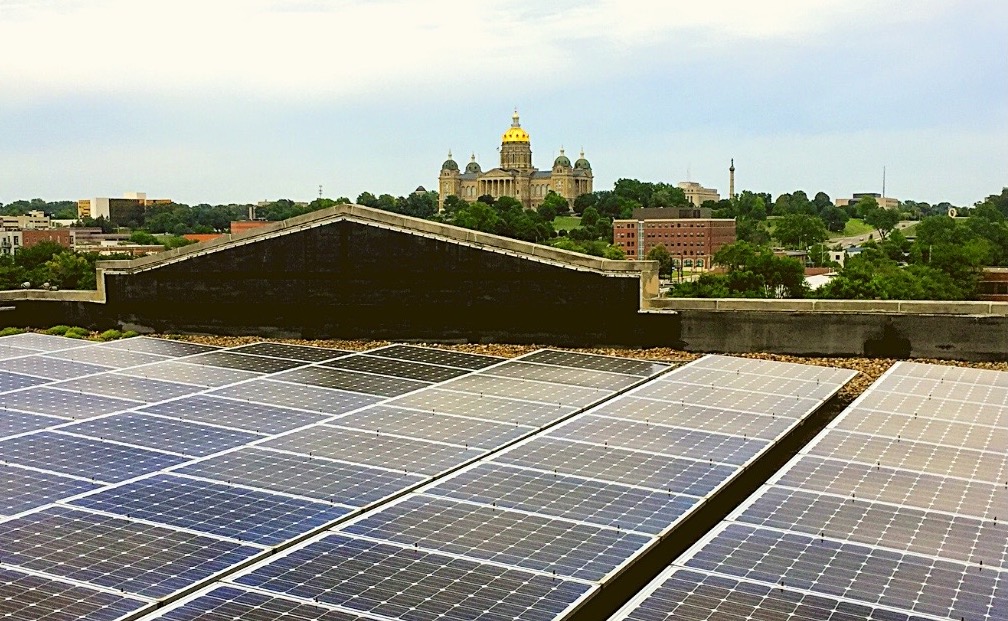

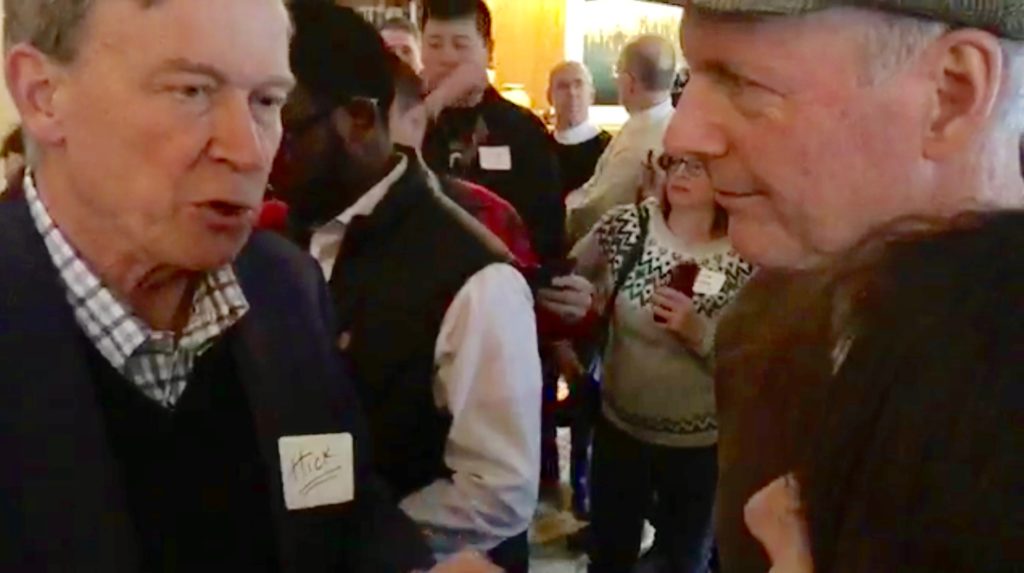


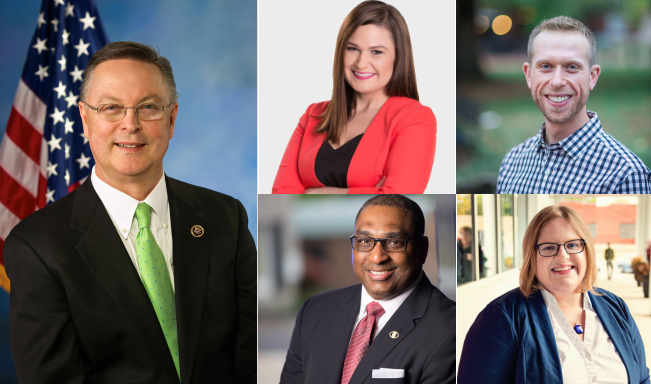

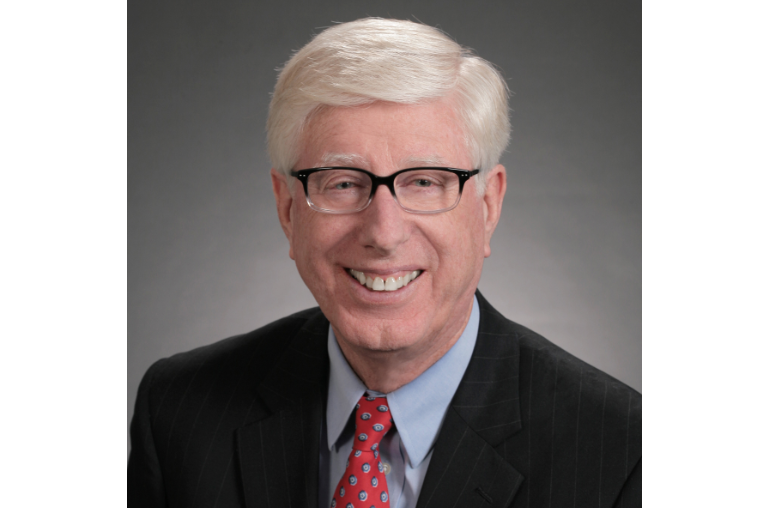

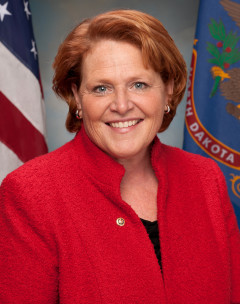


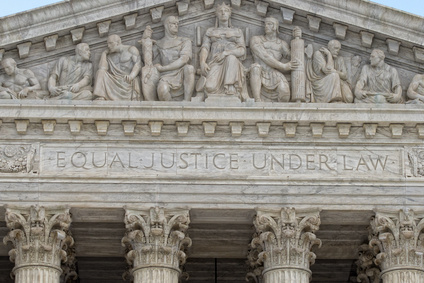


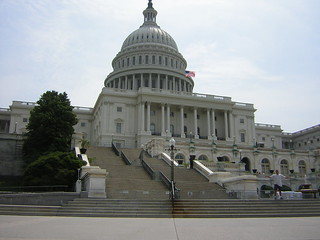


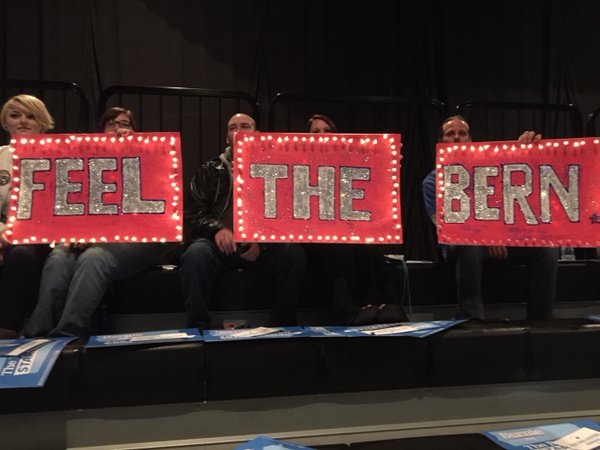

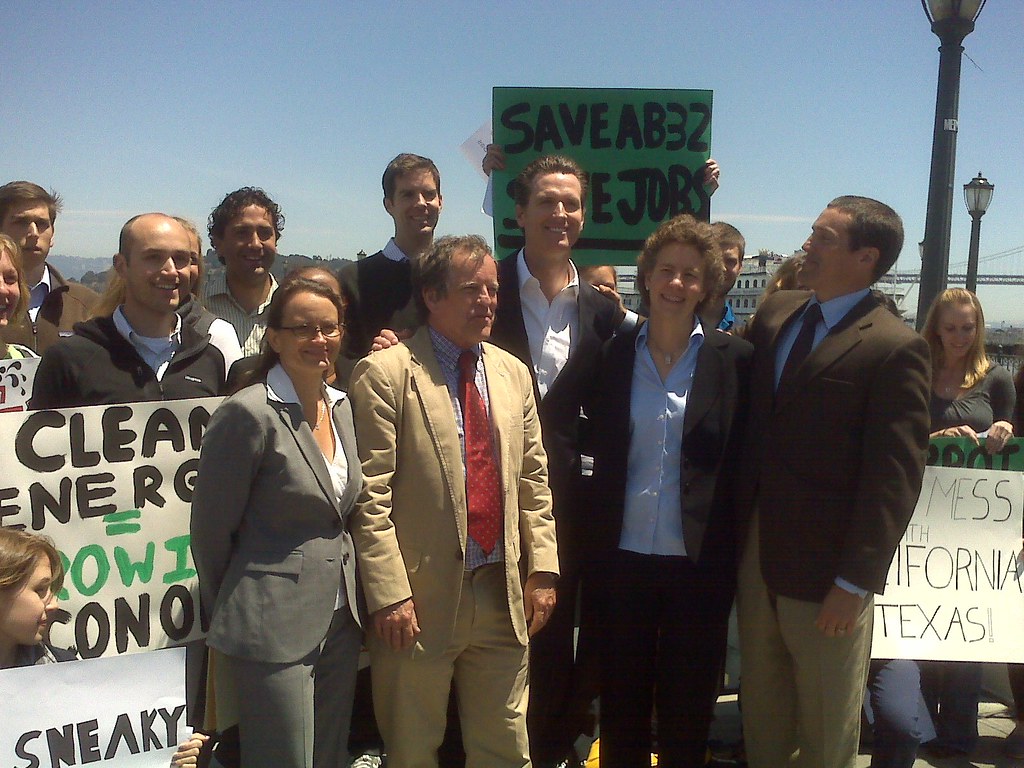 As if the oil companies from Texas – and their allies in the corridors of power – hadn’t done enough harm to our country already (for more, see the late, great Gulf of Mexico), now they are at it once again. This time, it’s Valero and Tesoro, pouring money into a campaign this election season to undo California’s landmark, clean energy and climate law, AB 32. On Tuesday, the oil companies’ proposition
As if the oil companies from Texas – and their allies in the corridors of power – hadn’t done enough harm to our country already (for more, see the late, great Gulf of Mexico), now they are at it once again. This time, it’s Valero and Tesoro, pouring money into a campaign this election season to undo California’s landmark, clean energy and climate law, AB 32. On Tuesday, the oil companies’ proposition